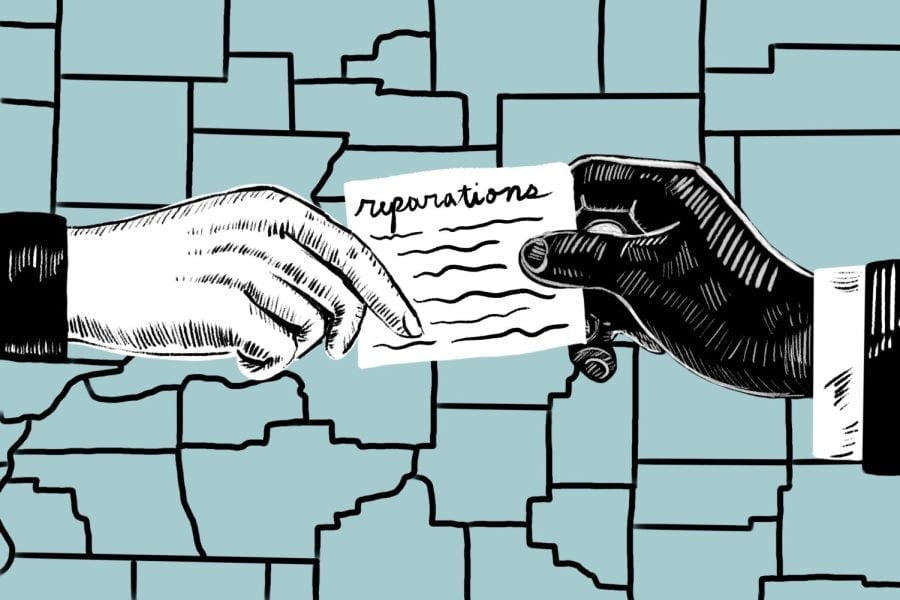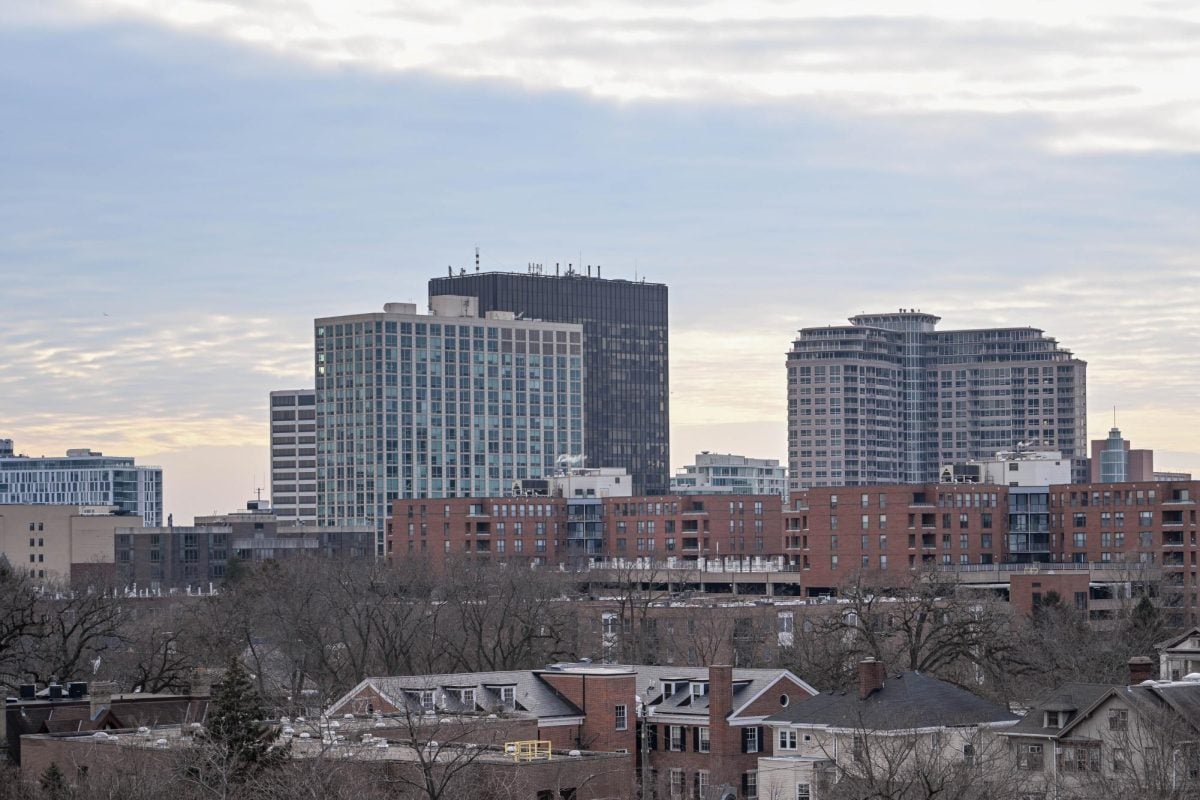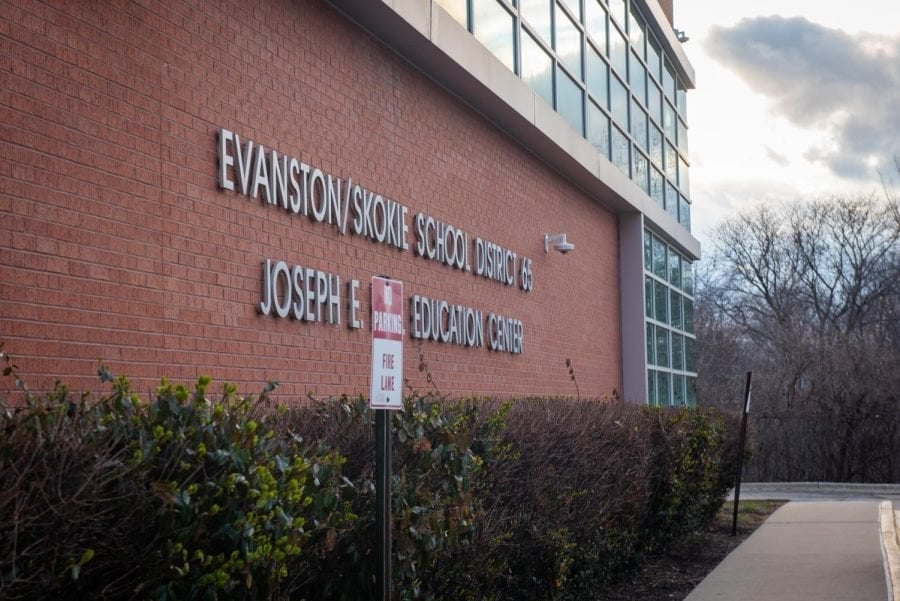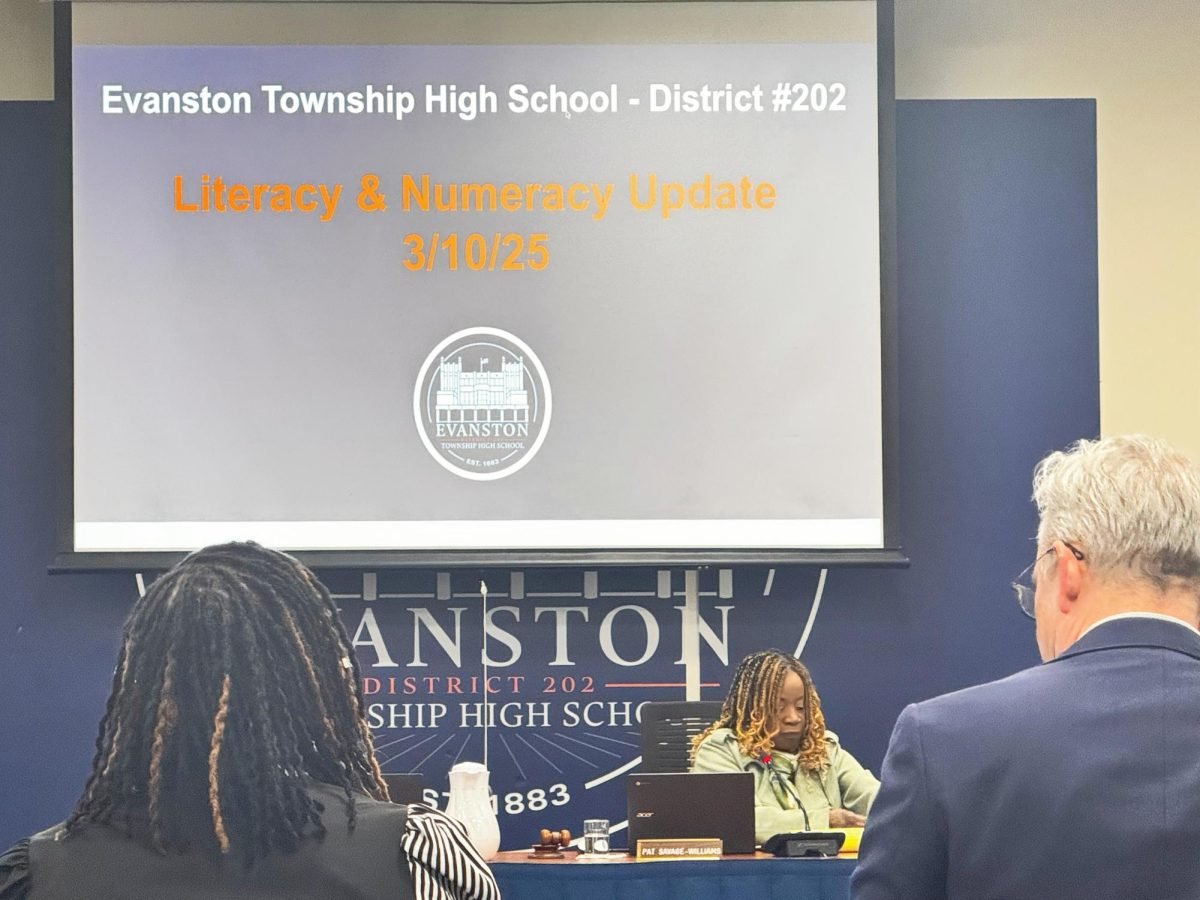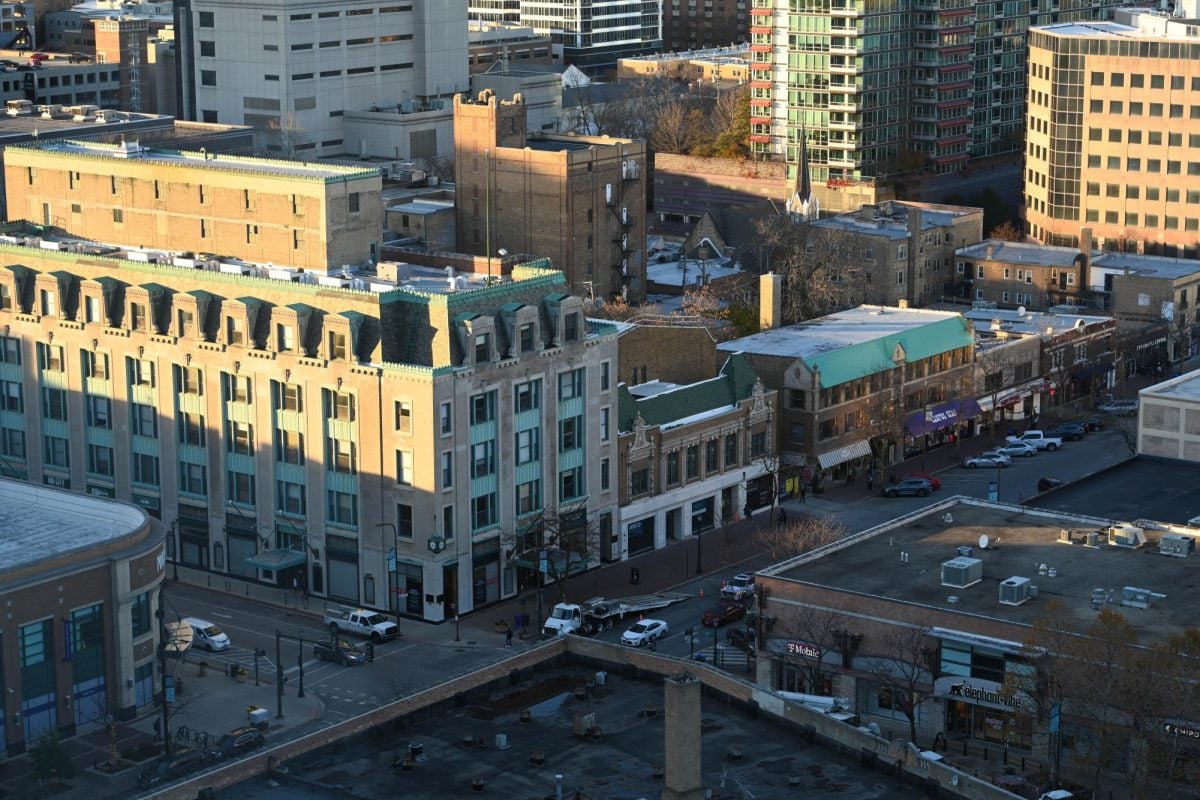The Evanston Reparations Committee heard a presentation from Wendy Ryce Smith, regional director of Liberty Bank in Chicago, at its meeting Thursday.
At its April 4 meeting, the committee announced they would be depositing the Evanston Reparations Fund into Liberty Bank, one of the nation’s largest Black-owned financial institutions. A minimum of $17 million will be gradually deposited into the bank.
With few Black-owned banks remaining in America, Liberty Bank hopes to remain an asset to the Black community in Evanston and around the country, Ryce Smith said.
Ryce Smith gave an overview of the bank’s mission and explained its commitment to financial empowerment, primarily through homeownership initiatives and wealth-building strategies.
“We make it our mission to teach minorities how to be homeowners, and how homeownership leads to generational wealth,” Ryce Smith said. “And that’s really what this fight is about.”
Committee Chair Robin Rue Simmons said the committee’s relationship with the bank is important because it empowers the city’s Black community.
Tina Paden, an Evanston resident of more than 50 years, was visibly emotional as she delivered her public comment thanking the committee for developing this partnership.
She said the partnership with a Black bank is a “number one” priority after cash payments. Recipients can use their reparations for home renovations, mortgage assistance and down payments on home purchases or receive direct cash payments.
“We deserve this, and I feel that I have been heard,” Paden said. “I speak for many of us that are afraid to speak and don’t know what to say and don’t know how to say it. I thank you, and our community thanks you.”
As Evanston’s representative, Rue Simmons recently visited the United Nations to present the case for reparations and to make recommendations to the Permanent Forum on People of African Descent — a forum under the Human Rights Council of the United Nations.
Rue Simmons recommended that the forum create a guidebook for other communities within the African diaspora to learn from Evanston’s and other communities’ best practices regarding reparations disbursement.
As of May 1, the committee has received $52,457 in donations to the Reparations Fund, though it hasn’t received any donations since January. And, as of April 1, $737,155 has been transferred to the Reparations Fund from the Real Estate Transfer Tax.
Paden said she hopes for the committee to not only financially support Evanston’s Black community but also to address issues of gentrification and displacement.
“We need to support retention of our Black people in this community,” Paden said. “And I hope that this committee will not just pass out dollars, but help retain our community.”
Email: oliviamofus2026@u.northwestern.edu
Related Stories:
—Evanston Reparations Fund to be deposited in Black-owned Liberty Bank
—Evanston residents set to receive reparations for housing discrimination
—Evanston Reparations Committee moves forward with recipient selection Evanston

